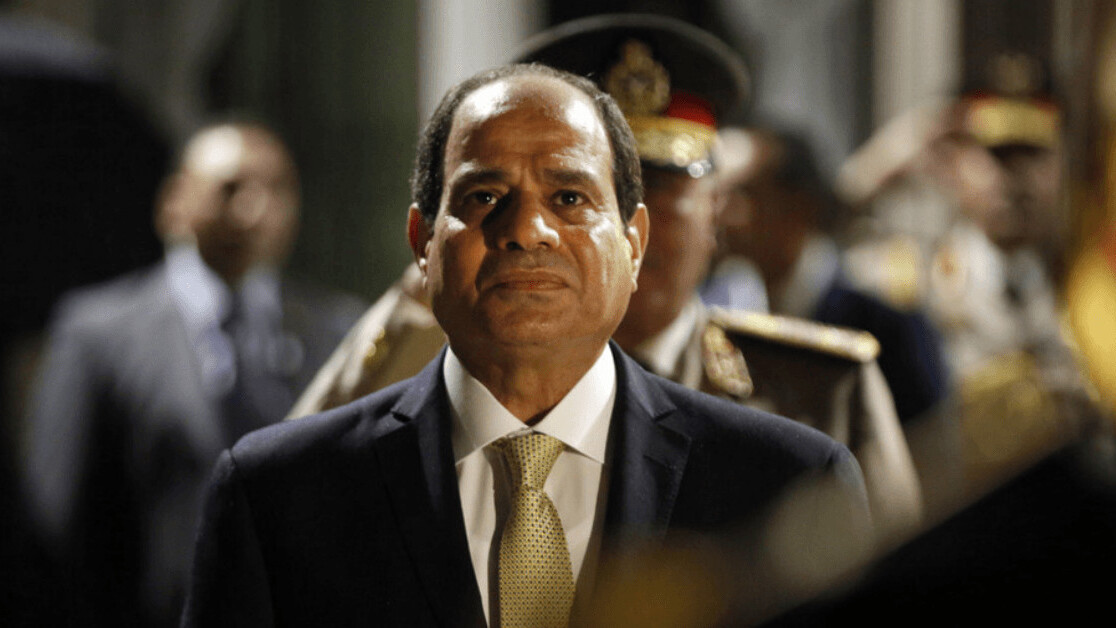Egypt’s President, Abdel-Fattah el-Sissi, has signed into law the Anti-Cyber and Information Technology Crimes legislation. The anti-cybercrime law gives the Egyptian government the power to block any websites it deems to be a threat to national security as well as spreading the “ideas of terrorist organizations.”
During July 2018 Egypt’s parliament approved and passed a bill that will see social media accounts with more than 5,000 followers regulated and treated like media outlets.
“Every day we receive reports about people from all levels of Egyptian society who have been persecuted for Facebook posts, tweets, artwork, and even personal, unpublished writing that has fallen into the hands of the Egyptian authorities,” reads a statement by Najia Bounaim, Amnesty International’s director of campaigns in North Afrika.
Internet regulation in Egypt
The anti-cybercrime law which was published on 18 August 2018 in Egypt’s official gazette, allows the government to issue directives for the blocking of websites that publish content that are deemed to be a threat to national security.
Added to that, people who attempt to access the blocked websites, for example by using VPNs, can also be sentenced to 1 year in jail or a fine of up to EGP100,000 (approximately $5,593).
Just like with the social media regulation law that was approved in July, it will be interesting to observe how authorities in Egypt monitor citizens in order to implement this law.
Some of the highlights of the law include:
- Banning the distribution of information on the movement of Egyptian security.
- Severe punishment for those found guilty of hacking government information systems.
Combined with the ratifying of the Anti-Cyber and Information Technology Crimes law, there is no doubt that Egypt’s authorities under the leadership of el-Sissi are looking to censor the media and citizens as the discretion is left entirely to authorities without any clear criteria on what determines fake news or content that threatens national security.
This post was originally published by iAfrikan. Check out their excellent coverage and follow them down here:
Get the TNW newsletter
Get the most important tech news in your inbox each week.






